California Rainy Season
With snaking season drawn to a close, breeding season for salamanders and other amphibeans are right around the corner. Having arrived back in California I left the frozen east coast and entered the rainy season. These conditions should allow for ample opportunities to find salamanders.
Walking through through some fields near a creek, I found upwards of 20 california slender salamanders. It was not uncommon to find 4 or 5 under the same log.
Some of the best photos of individual Slender Salamanders:
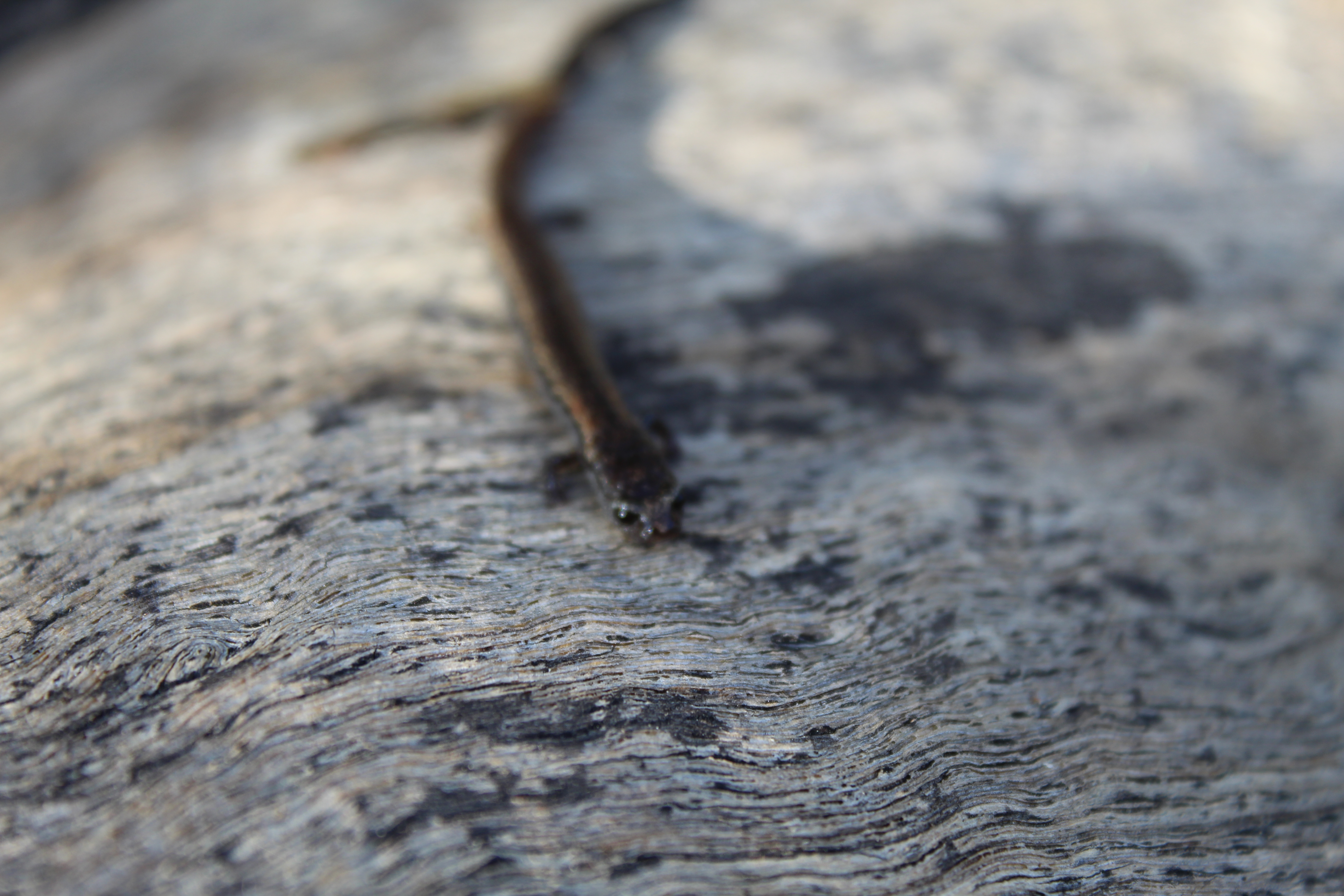
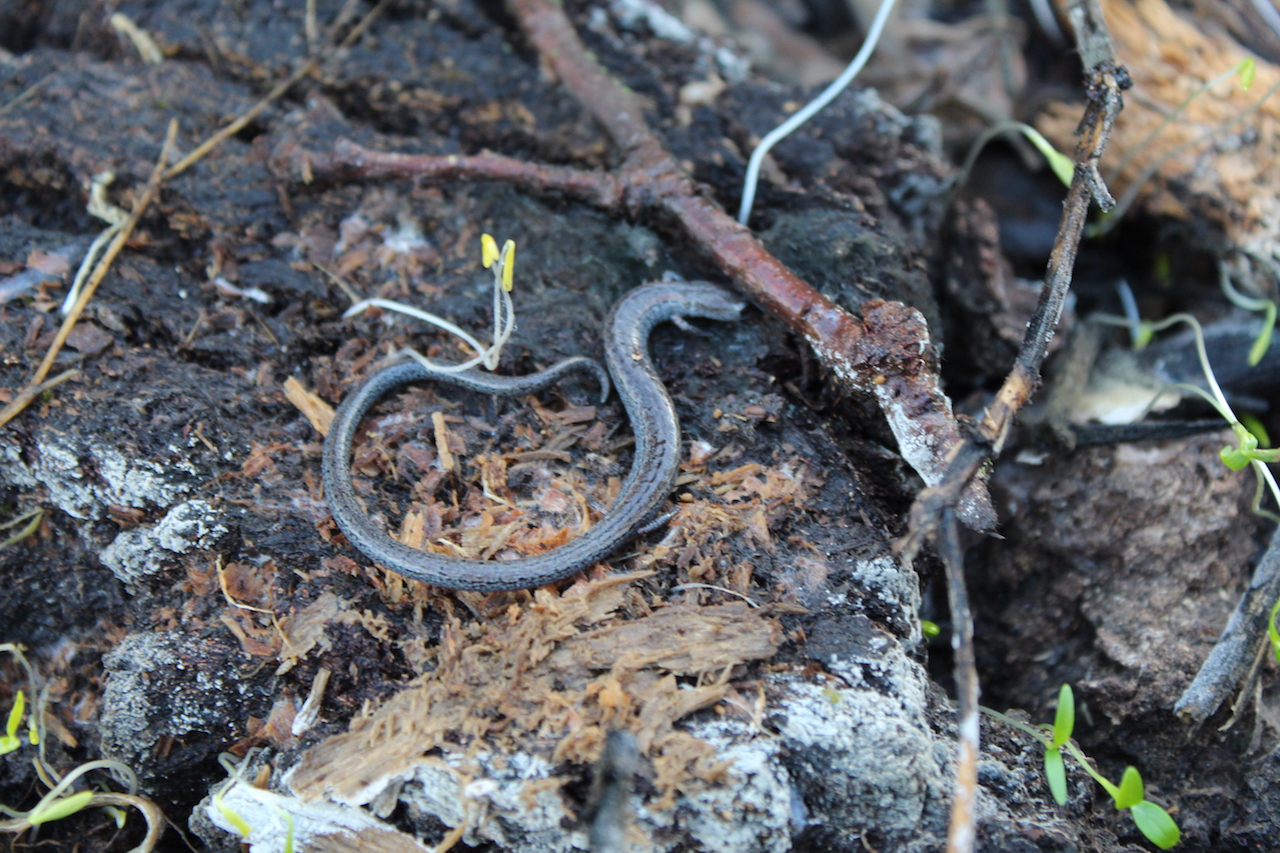
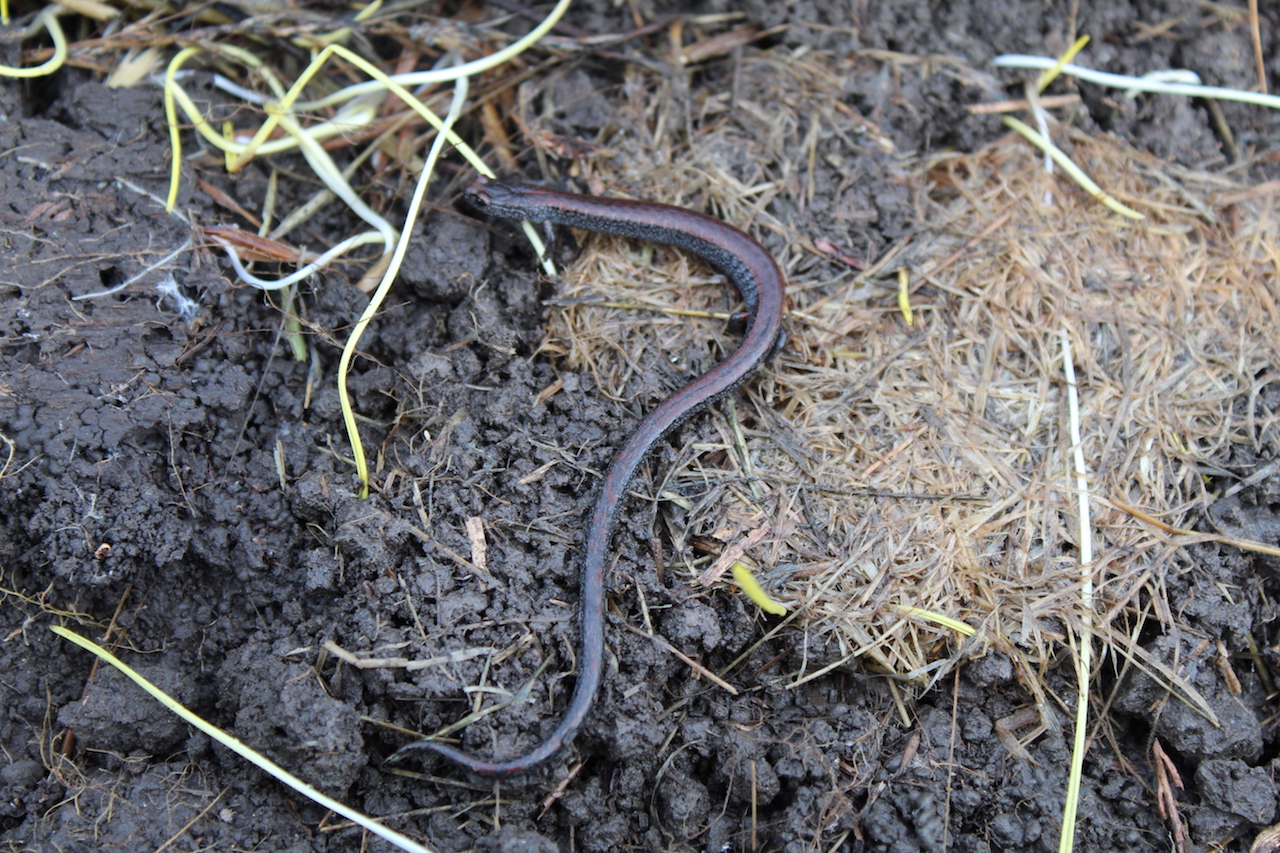
When I was first finding them I was taking insitu shots. As I have not been looking for salamanders recently it took me a second to identify the shiny smooth bodies of the salamanders amongst the wet dirt, grass, and twigs.
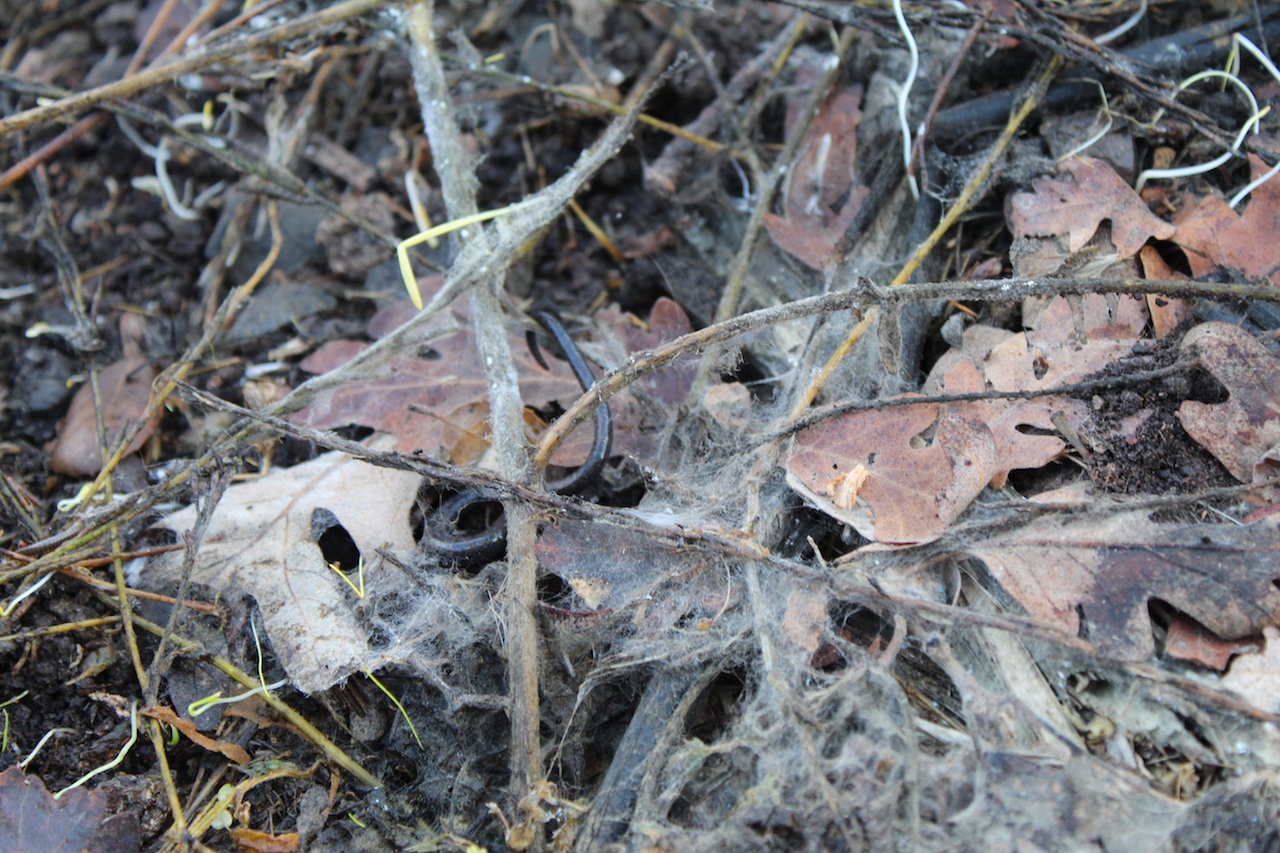
One in the center of the image.
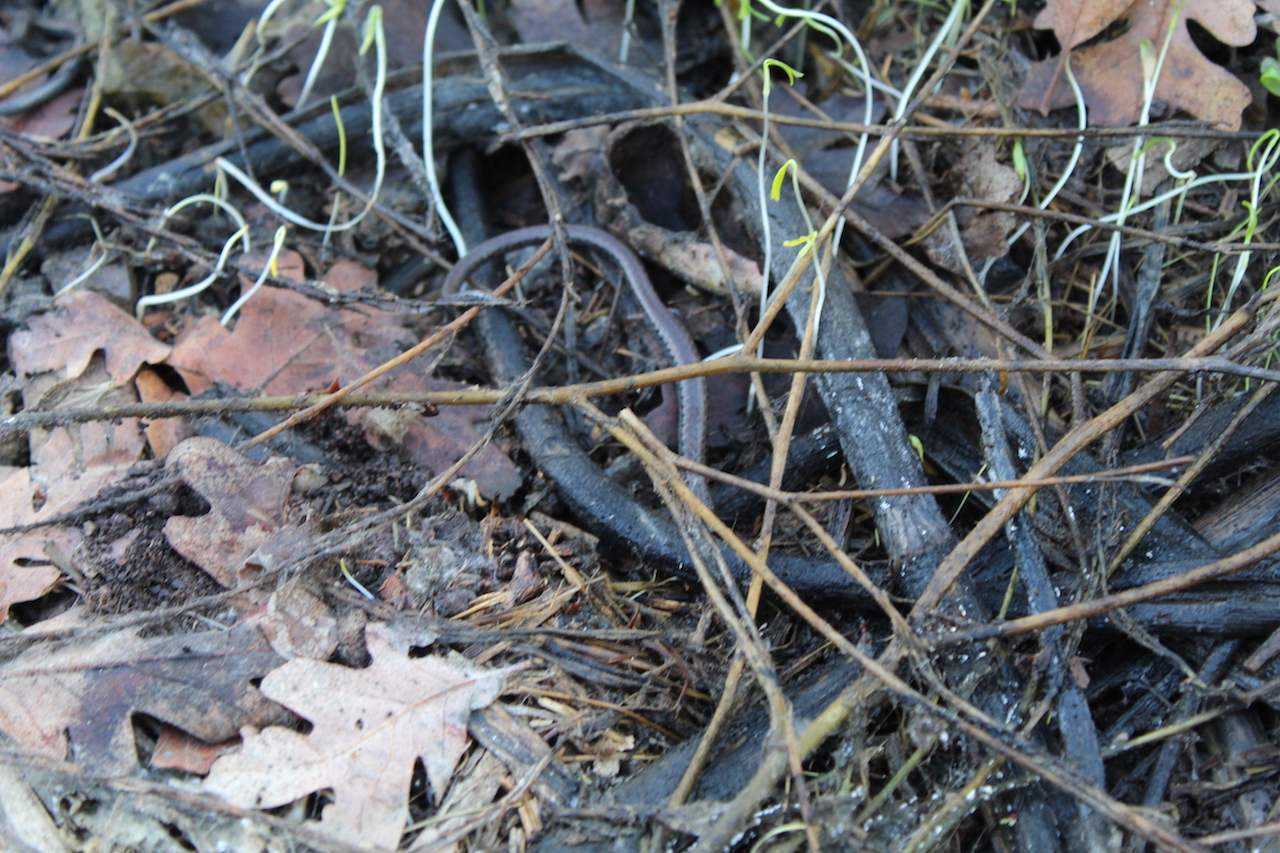
One in the center of the image.
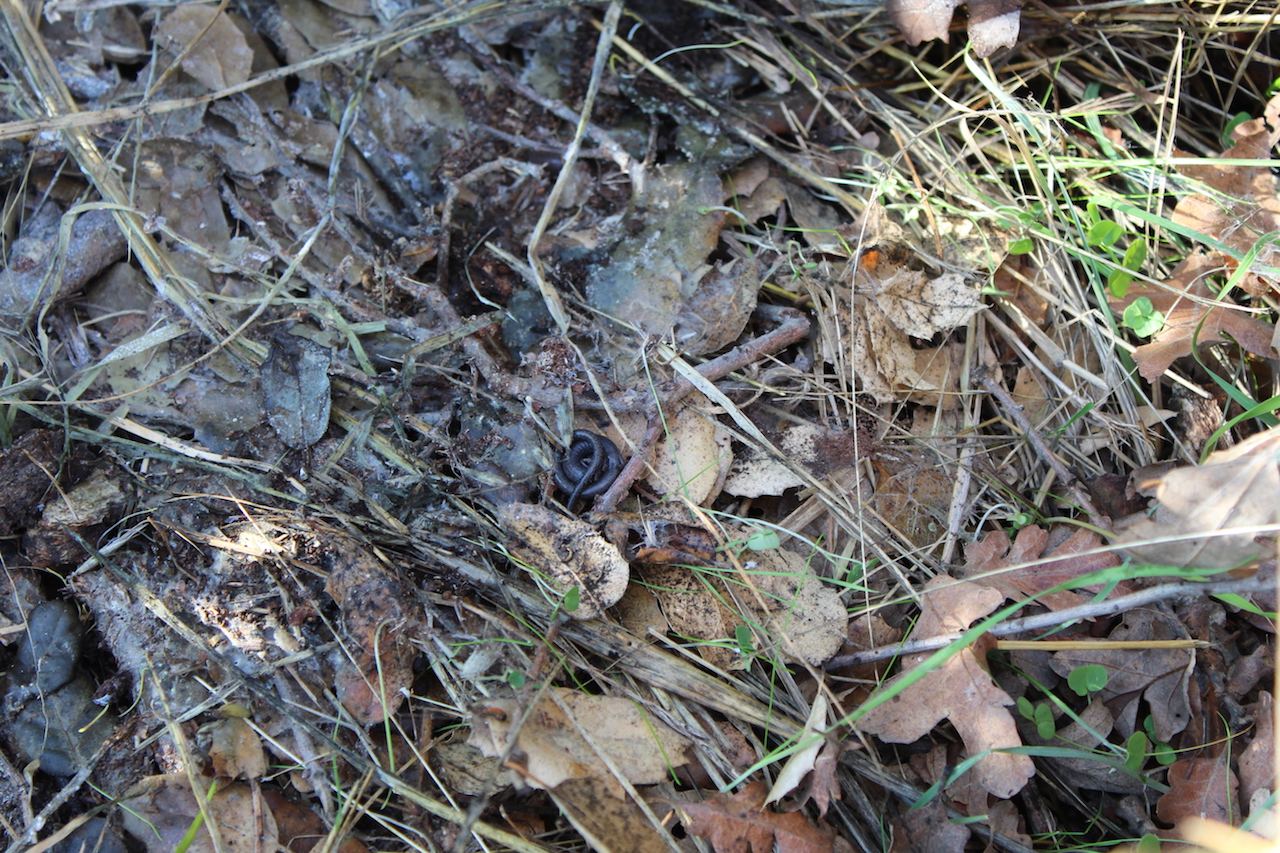
One coiled in the center.
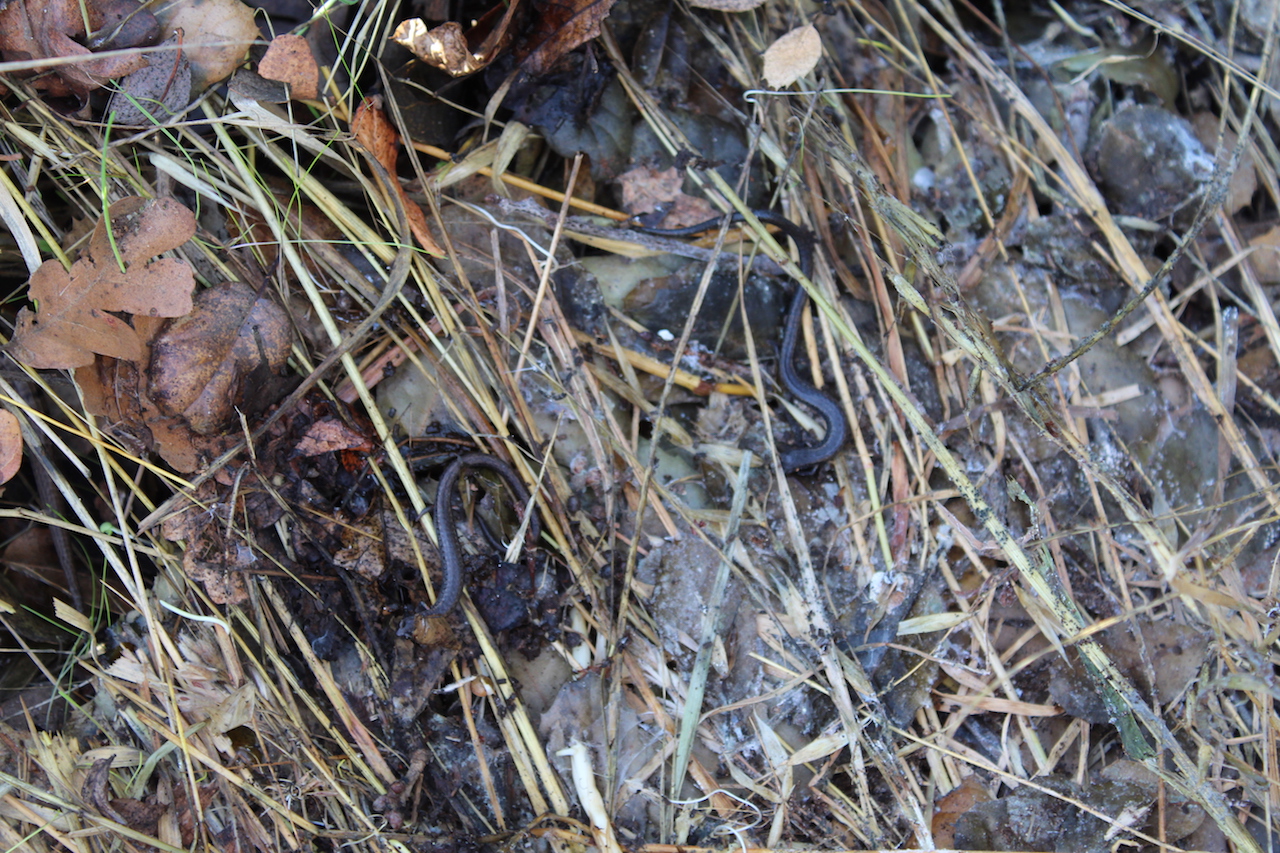
Two nearly equal off the center of the image.
The most exciting find of the walk was under a rock. There were 6 salamanders of what I thought looked to have the body characteristics of mole salamanders. Through a little online identification I realized they were juvenile arboreal salamanders. Juveniles are darker in color with cream colored spots on their back while adults tend to be an earthy red with yellow spots.
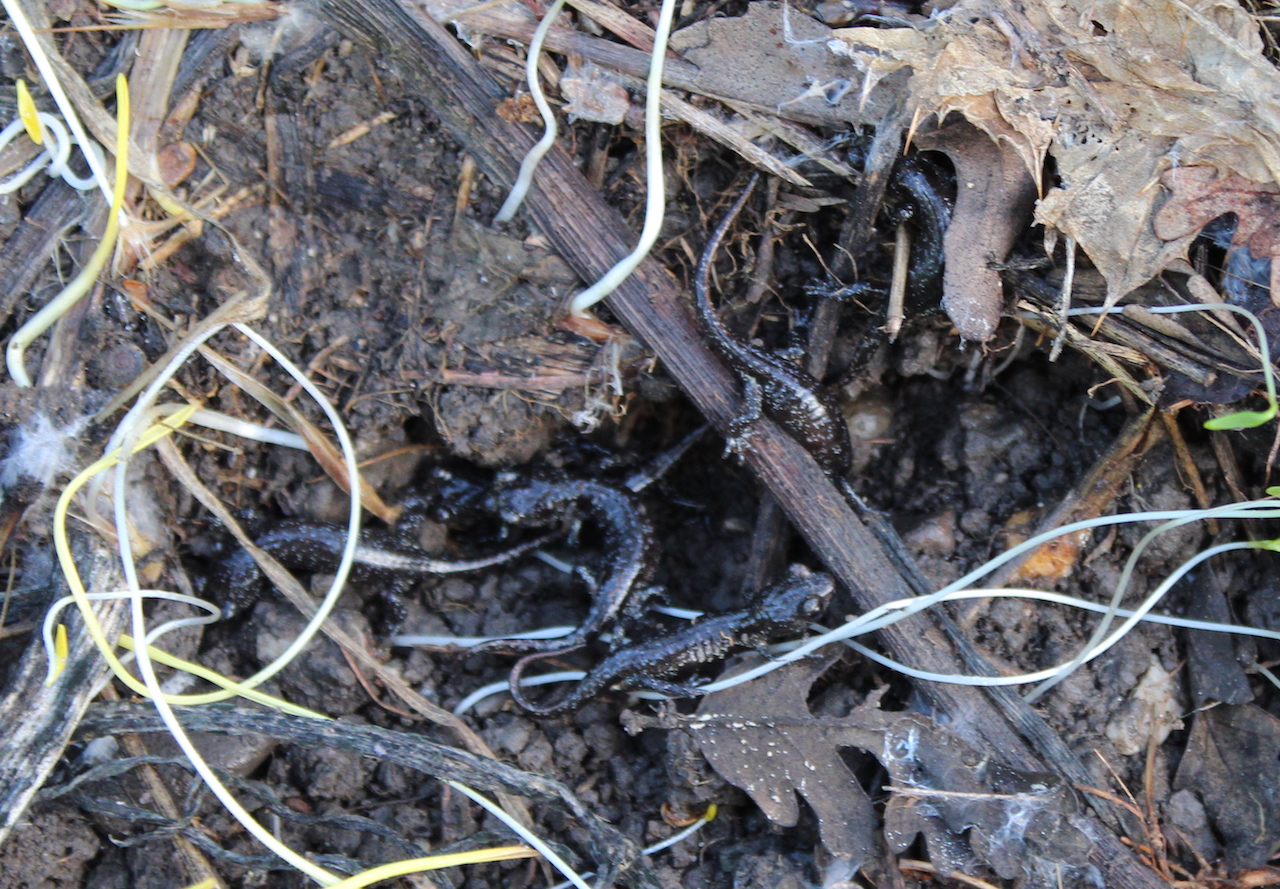
Closer photos of the color/pattern of the juveniles.
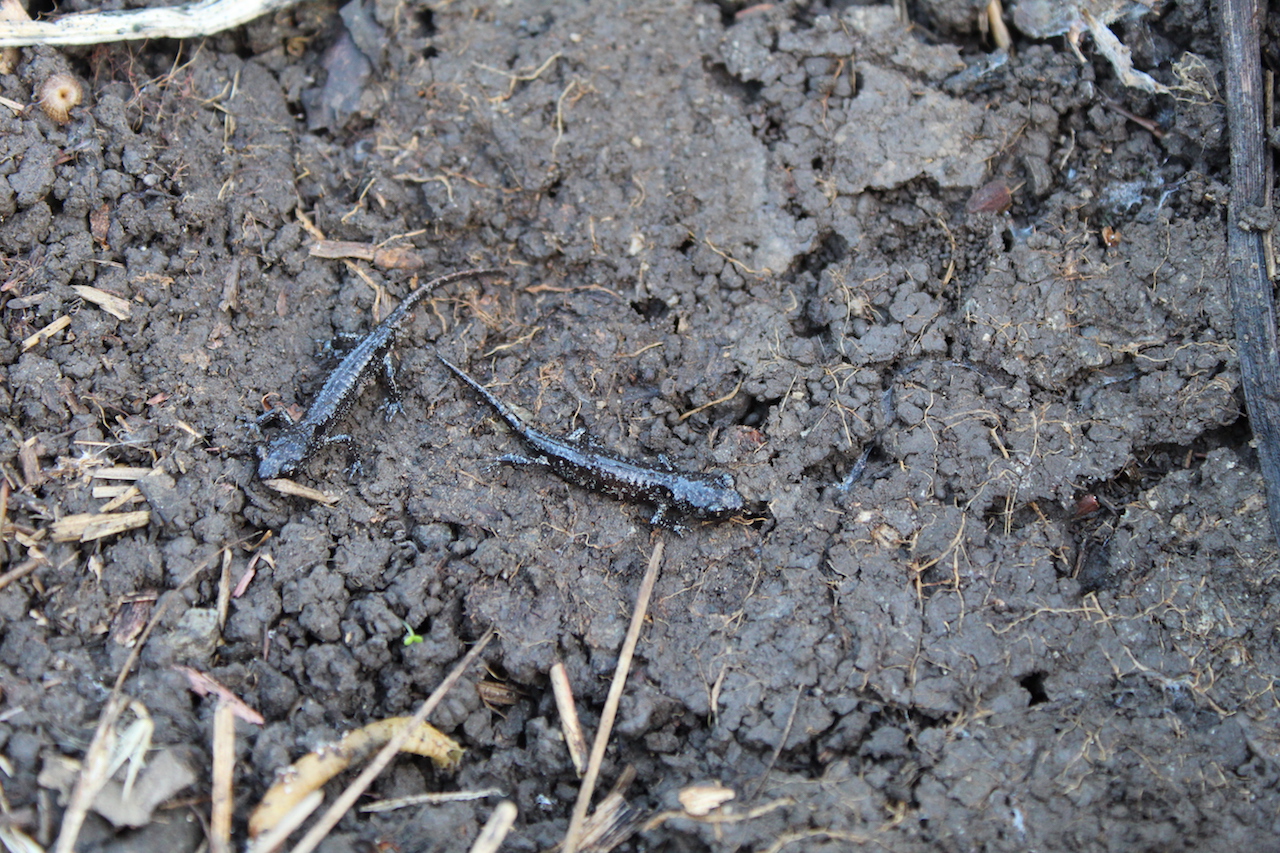
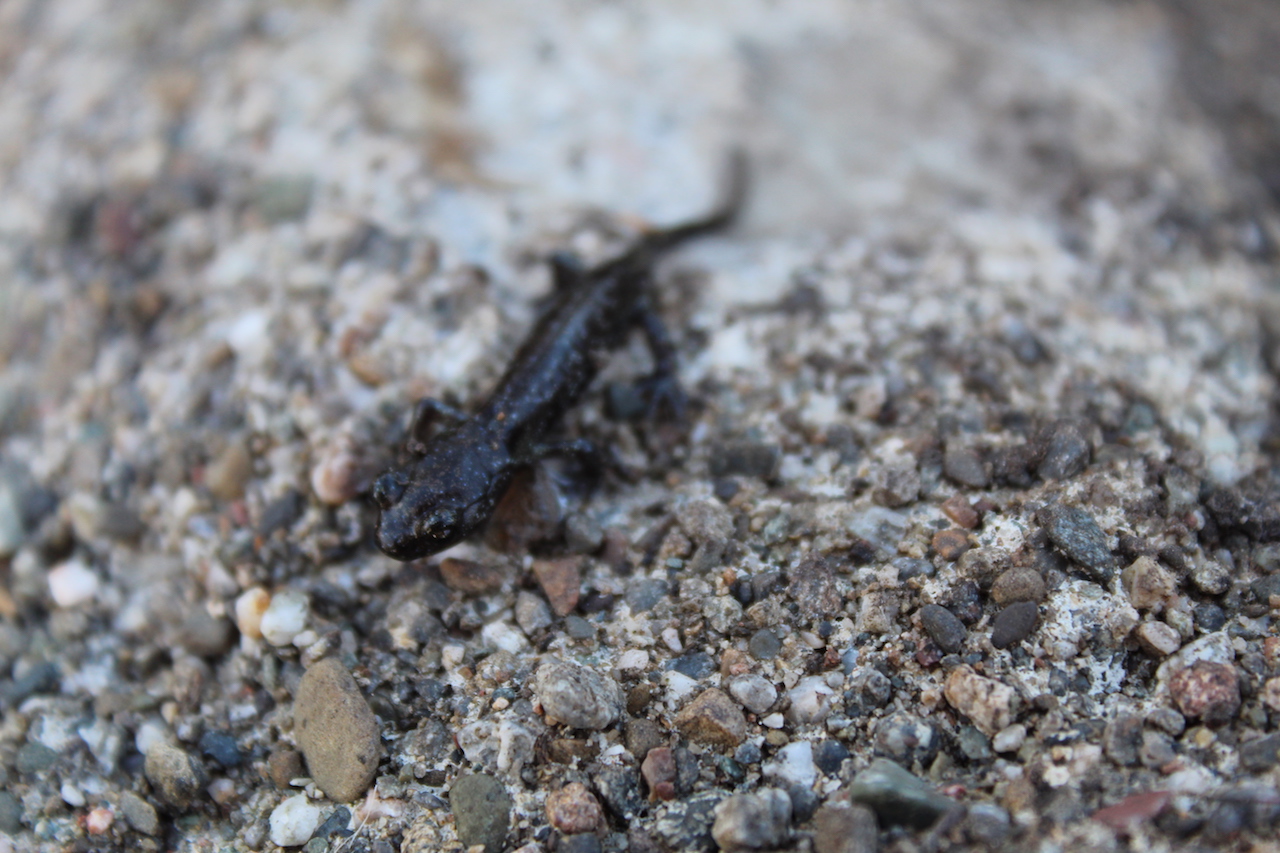
As I have found every salamander in a group, conditions must not be ideal. This would cause the salamanders to clump in ideal habitat that is widely dispersed.
Under each rock I found a plethora of silver fish, roly polies, spiders, and millipedes.
Including this Paeromopus angusticeps (millipede).
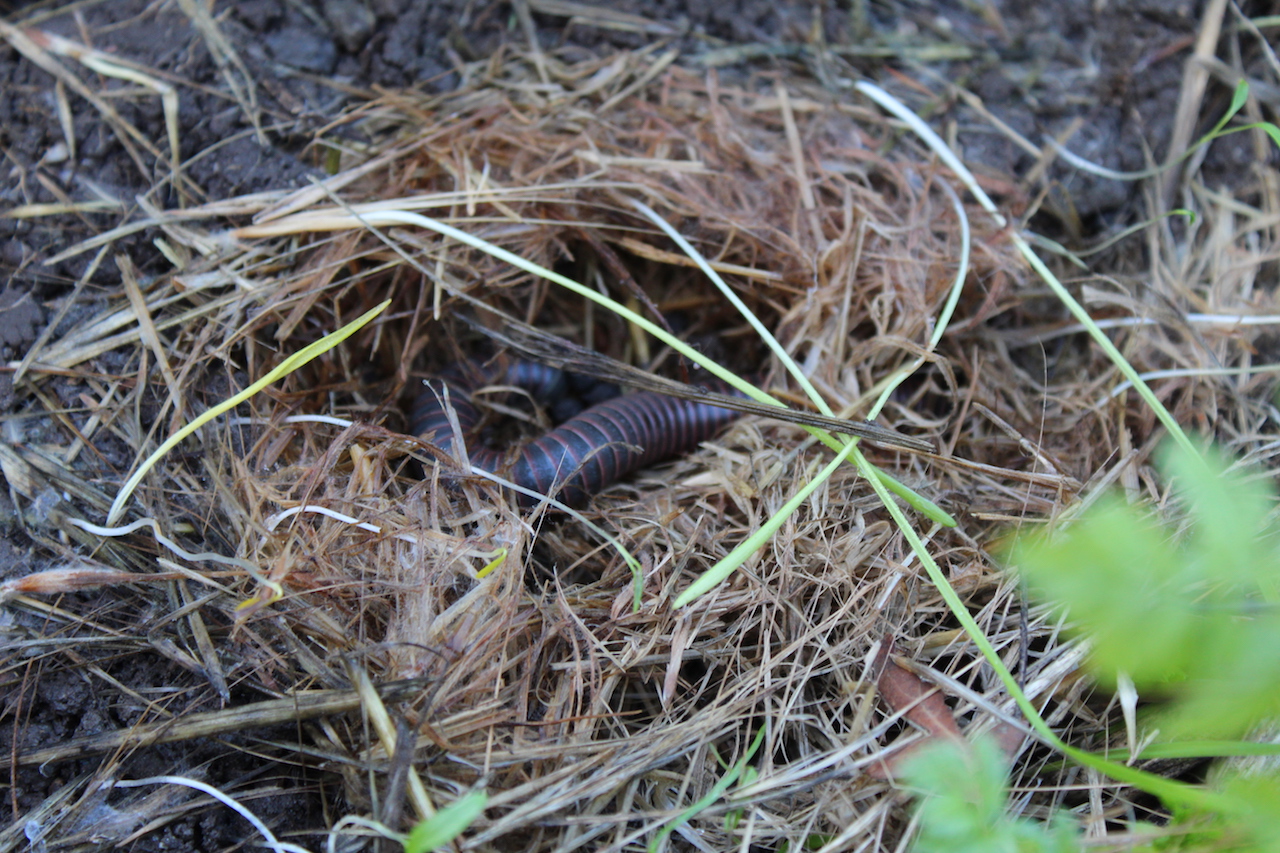
I even found a Northern Pacific Alligator Lizard under a log with some slender salamanders.
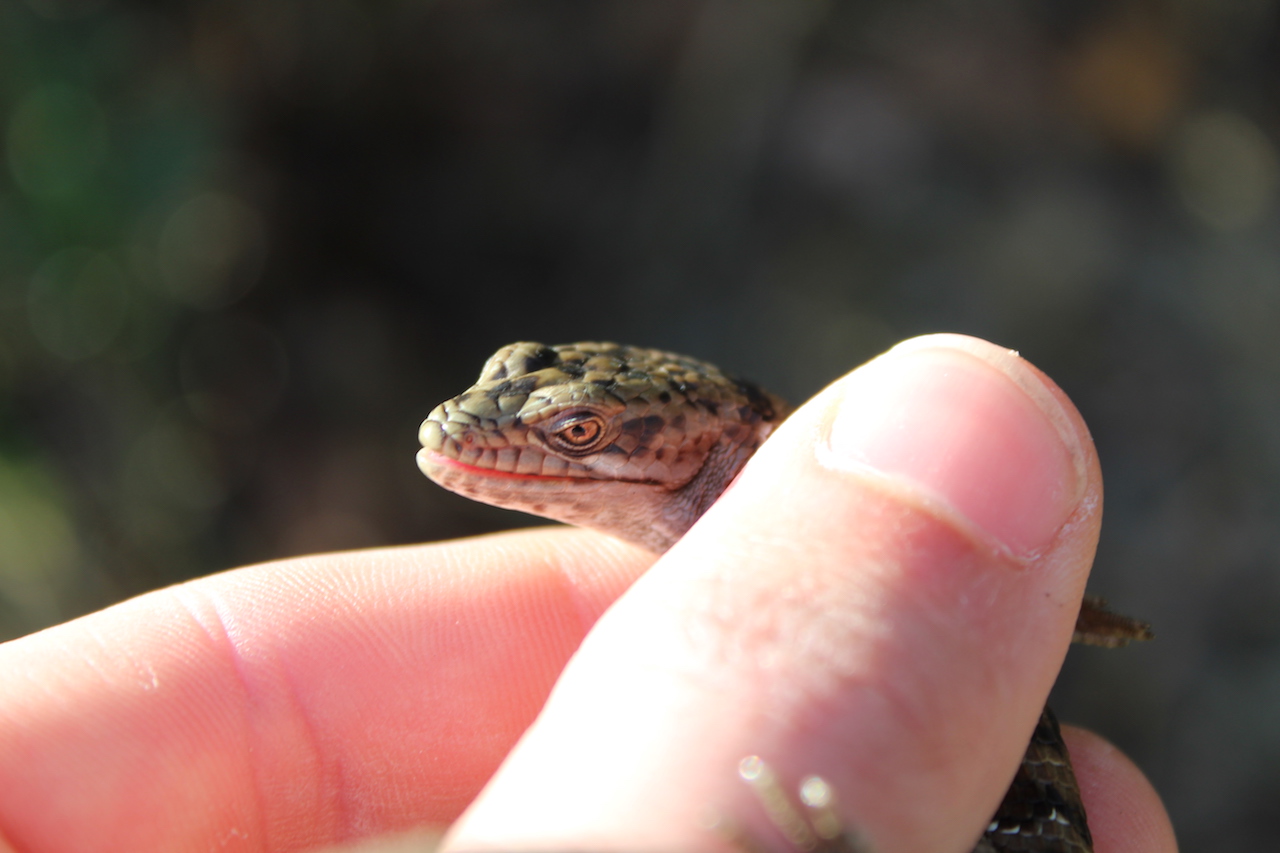
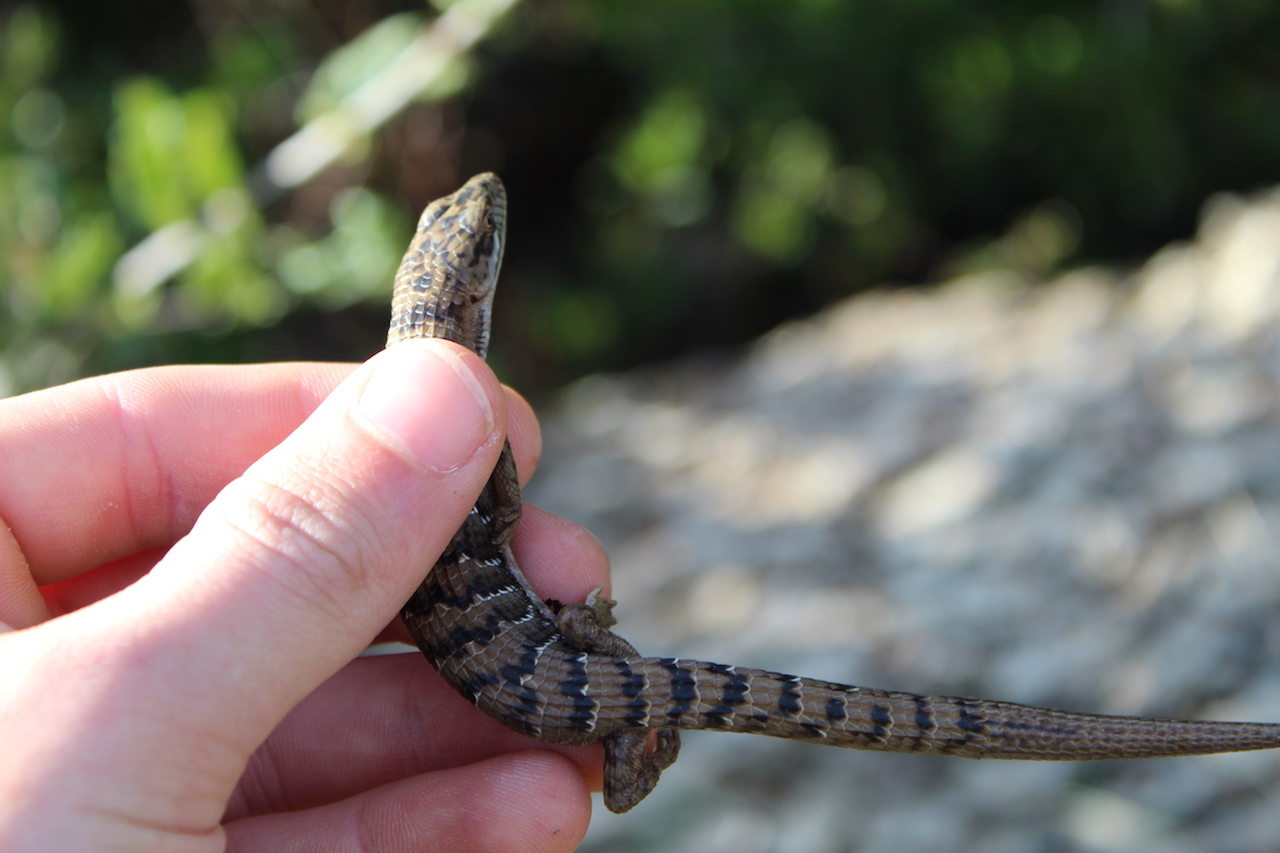
As I checked out my boards, the time and moisture looked to help them tremendously. I think they are settling in nicely and should produce some good things when snake season rolls back around.
I managed to find a Western Fence Lizard taking shelter under one of them.
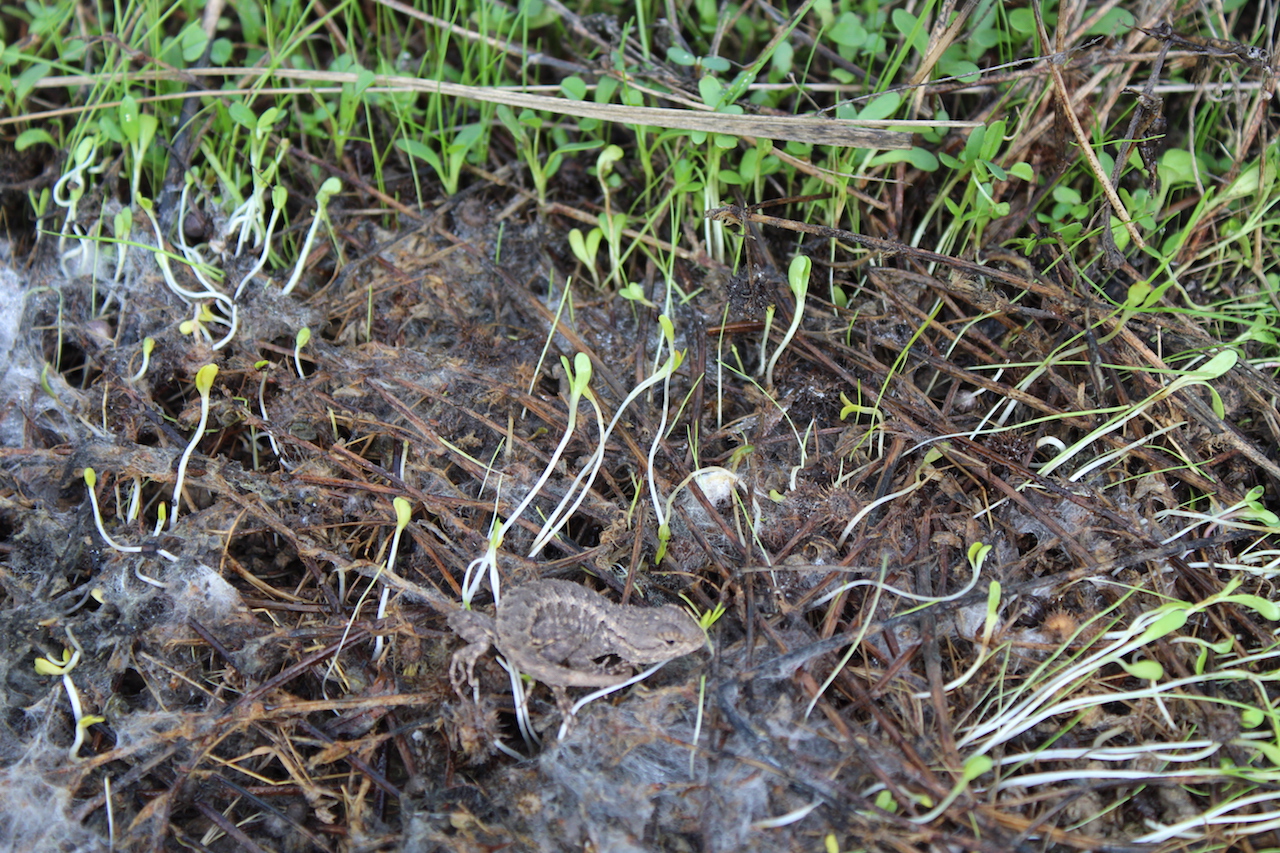
While walking I also photographed a White-Tailed Kite, Hawk (I believe a Coopers Hawk), and a Great Egret.
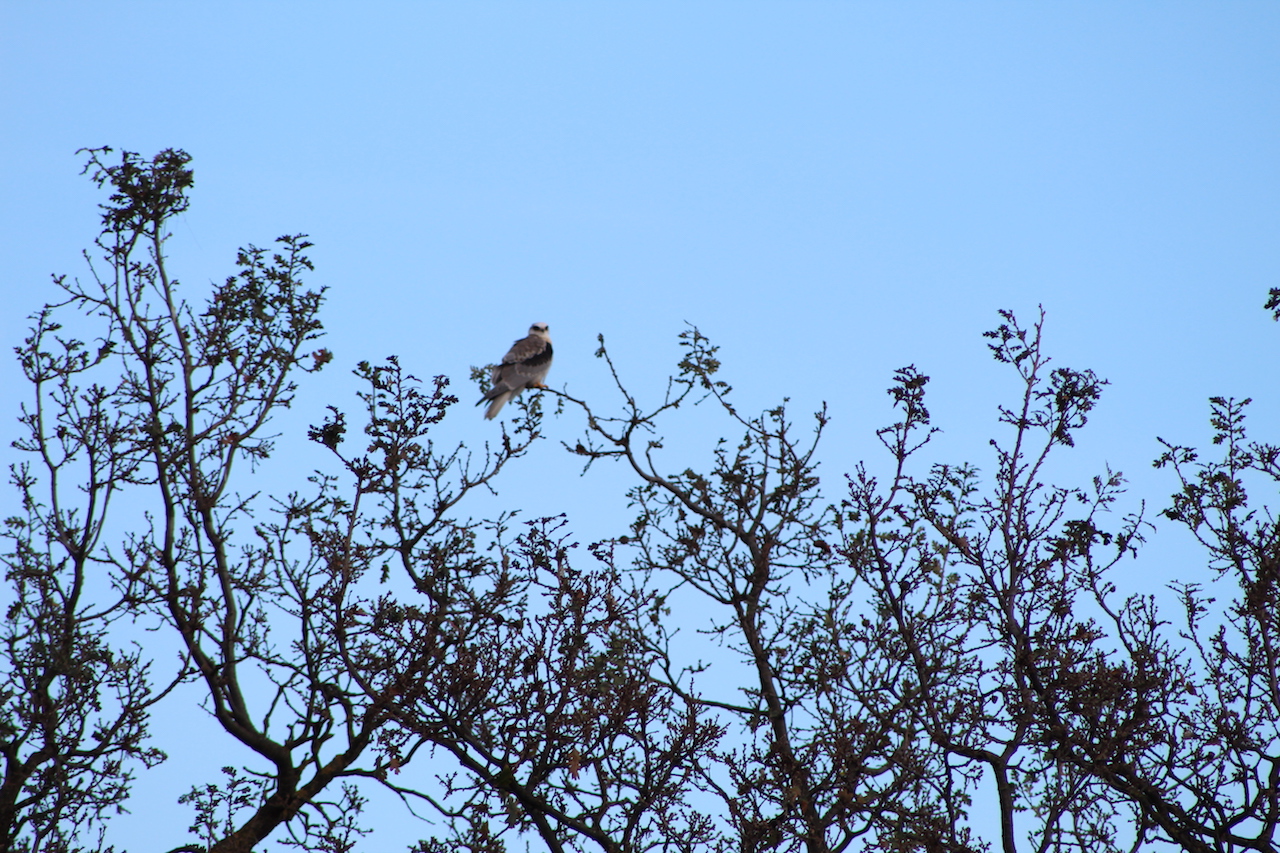
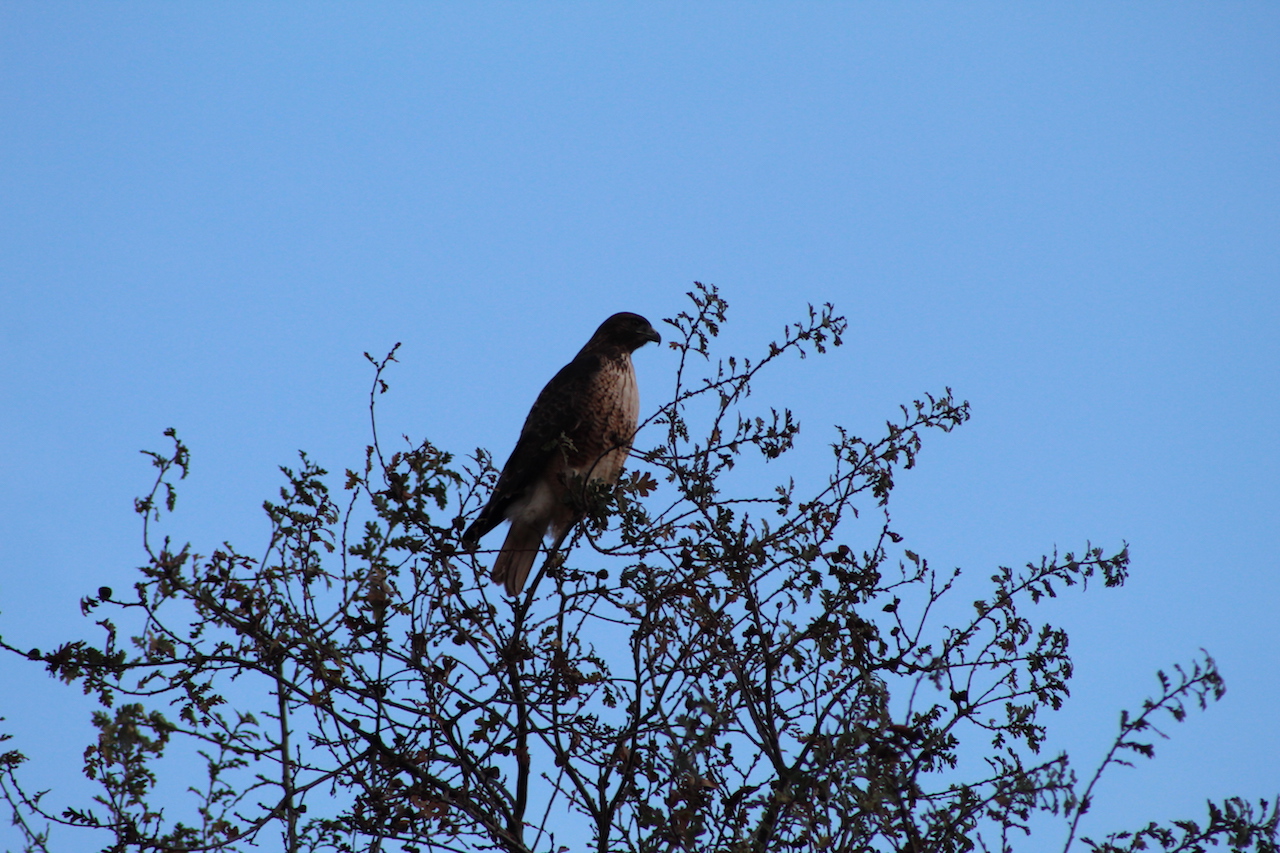
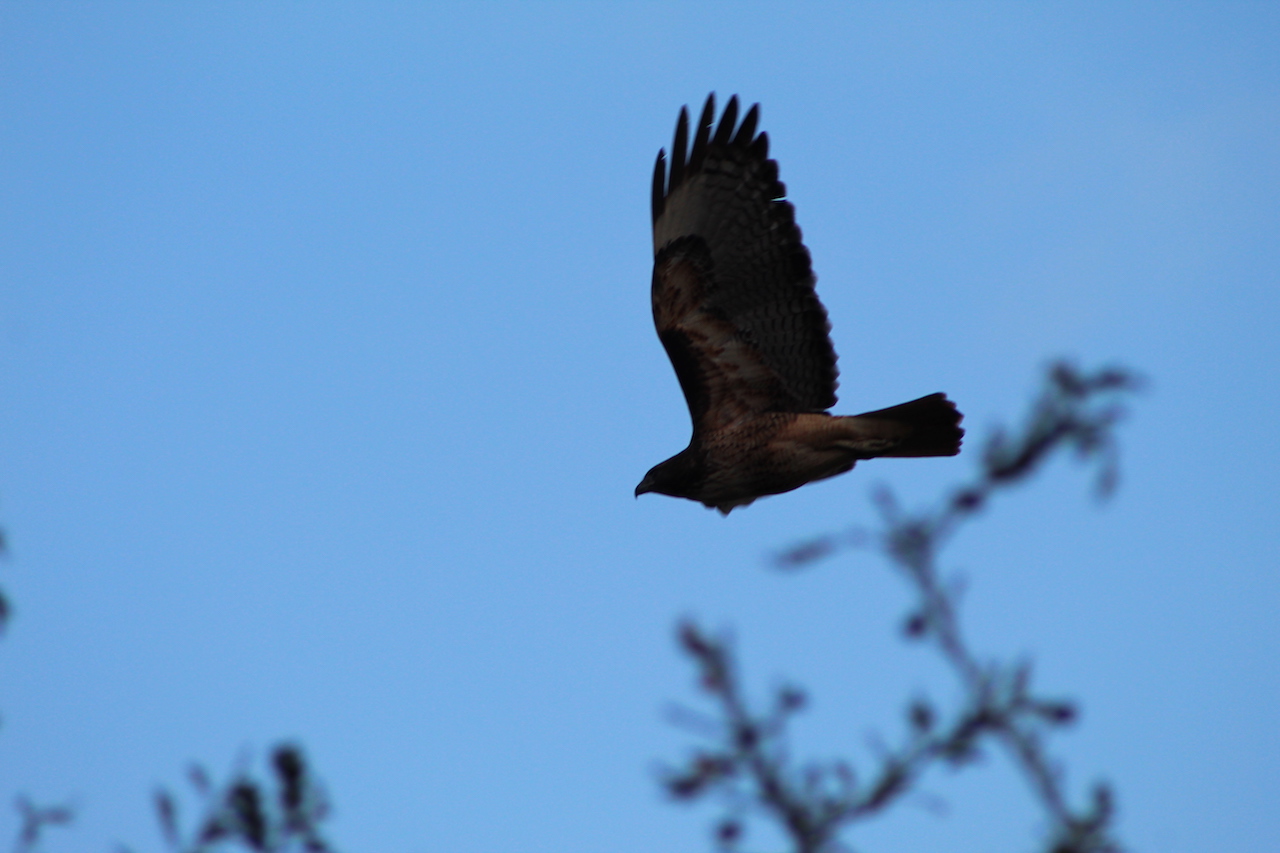
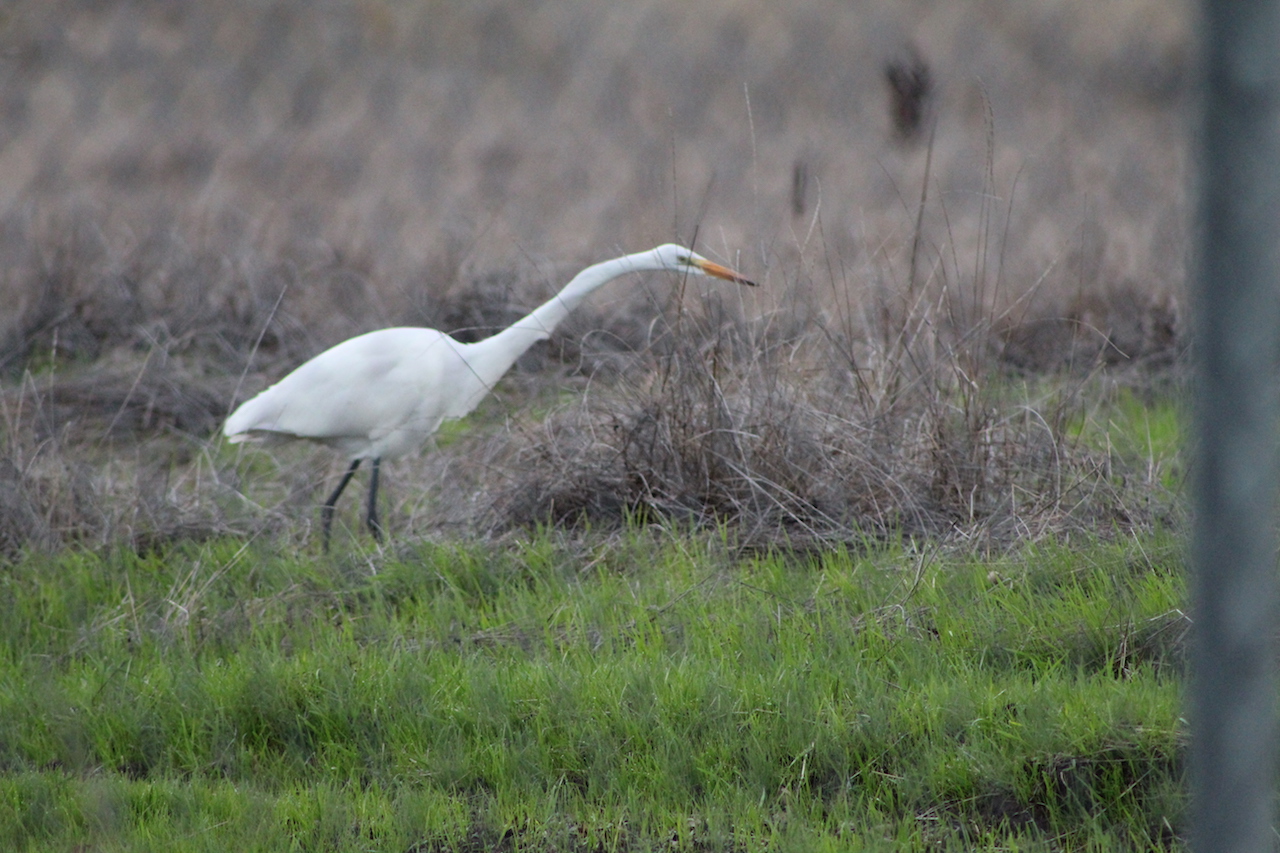
Hopefully there will be more amphibeans to come during this short “winter” break!